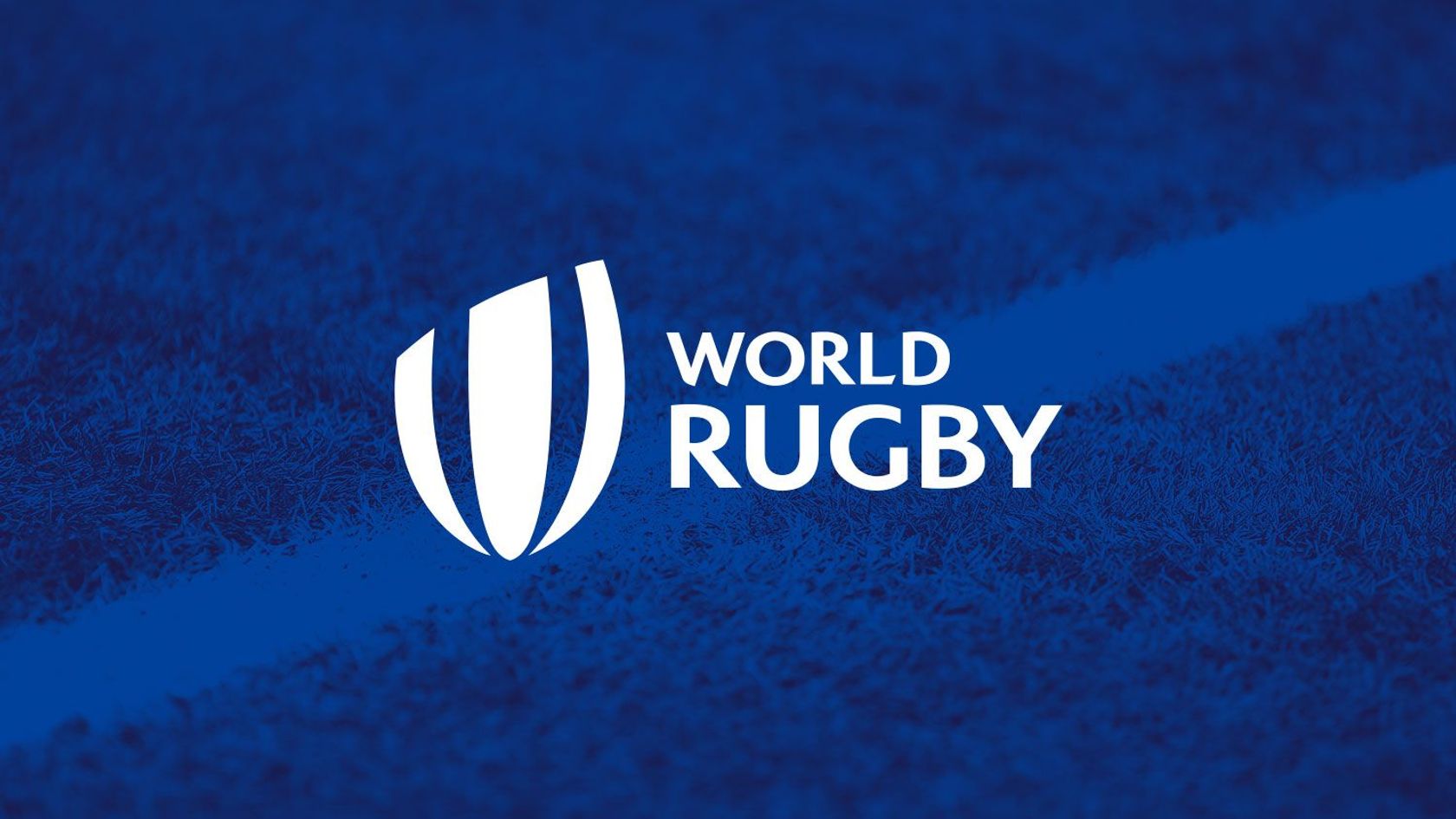
-
Fixtures & ResultsFixtures & Results
-
Inside World RugbyInside World Rugby
-
NewsNews
- English
- Français
- Español
- 日本語
Player Welfare
World Rugby’s Player Welfare strategy is to put the player first and to rely on an evidence-based approach for all decisions.
The Player Welfare site has information on the policies and procedures World Rugby use across the sport, whether it’s the surface being played on, the equipment being used or prevention and treatment of injuries. The guidelines cover both playing and medical aspects of the game.
Some of the research that was used in this decision-making process is also available.
World Rugby are always looking to add to the information available to make the game as safe as possible for all, if you have any suggestions please let us know.
-
Wed 5 July, 2023
-
label.share.via_facebook
-
label.share.via_twitter
-
label.share.via_facebook_messenger
-
label.share.via_whatsapp
-
label.share.via_copyURL Copied

Sign up to our Player Welfare newsletter
Receive World Rugby's regular communications designed to help fans keep up to date with developments in player welfare.
Sign up



-
Tue 21 June, 2022
-
label.share.via_facebook
-
label.share.via_twitter
-
label.share.via_facebook_messenger
-
label.share.via_whatsapp
-
label.share.via_copyURL Copied


Press release
Shape of the Game forum makes recommendations to attract the next generation of fans

Player Welfare
World Rugby calls for 2024 player welfare research funding applications

Player Welfare
Independent studies using smart mouthguard data sheds light on rugby like never before

Press releases
Historic rugby calendar reform to supercharge reach and competitiveness

Player Welfare
World Rugby integrates smart mouthguard technology to the Head Injury Assessment as part of new phase of global player welfare measures

Media release
Positive momentum continued in developing optimised global rugby calendar

Women in Rugby
Women’s Shape of the Game conference identifies how to enhance player and fan experience and maximise the full potential of women’s rugby

Player Welfare
World Rugby Player Welfare Symposium hears how new data could form the basis of updated contact training load guidelines














